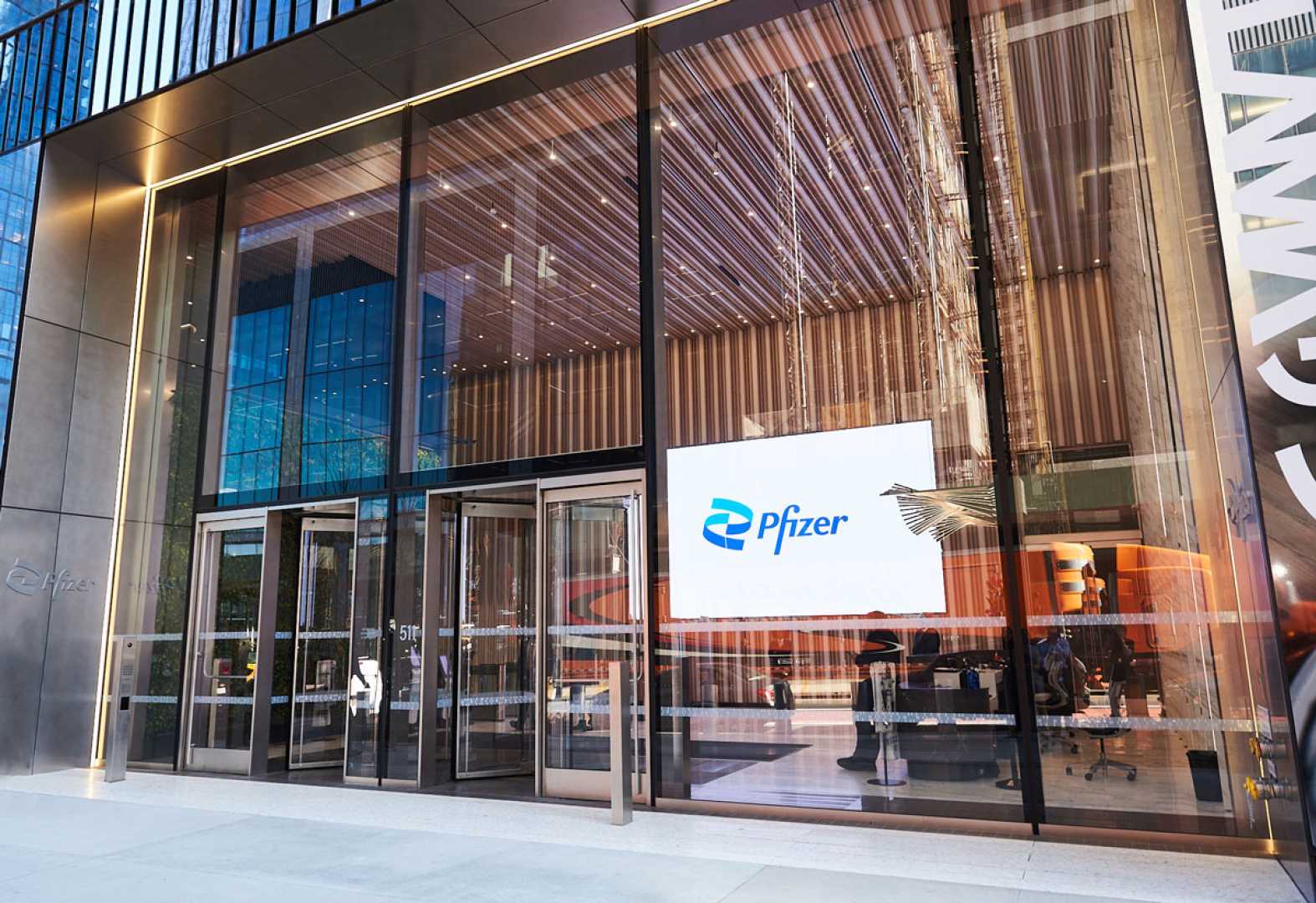Business
Pfizer Reports Strong Earnings Amid Cost Cuts and Drug Pricing Challenges

NEW YORK CITY, USA — Pfizer Inc. announced strong second-quarter financial results on Tuesday, indicating a positive trajectory despite ongoing challenges related to drug pricing and tariffs. The company reported a net income of $2.91 billion, or 51 cents per share, a significant increase from $41 million, or 1 cent per share, from the same period last year.
Pfizer’s earnings exceeded Wall Street’s expectations, driven by revenue from its COVID-19 products and other pharmaceutical sales. The company’s revenue for the quarter reached $14.65 billion, a 10% rise year-over-year. This uptick is attributed to stronger sales of products like the heart treatment Vyndaqel and its COVID-19 vaccine, Comirnaty.
The COVID vaccine generated $381 million in revenue in the second quarter, a 96% increase attributed to higher market share and contract deliveries. Pfizer’s antiviral pill, Paxlovid, also contributed $427 million in sales, a 70% increase, primarily due to higher U.S. pricing.
Pfizer’s Chief Financial Officer, David Denton, expressed confidence in the company’s financial outlook for the full year, raising its adjusted profit estimate to between $2.90 and $3.10 per share from a previous range of $2.80 to $3.00. The company maintained its revenue forecast for 2025 at $61 billion to $64 billion.
However, the earnings report came amid ongoing scrutiny of drug prices. Pfizer is navigating a recently revived executive order by former President Trump that aims to tie U.S. drug prices to lower costs abroad. CEO Albert Bourla confirmed that the company is engaged in discussions with the Trump administration about potentially lowering drug prices.
The full-year adjusted profit outlook includes a $1.35 billion charge related to a licensing deal with Chinese drugmaker 3SBio. According to Denton, this charge will be recorded in the third quarter. Without the charge, Pfizer would have raised its adjusted profit guidance by an additional 30 cents.
While Pfizer’s outlook includes negative implications from tariffs, Denton noted that the anticipated costs are now below $100 million due to effective strategies, such as inventory repositioning. Last month, the company estimated a potential $150 million impact from tariffs.
Ultimately, Pfizer’s second-quarter earnings reflect a critical point as the company works to recover from declining revenue in its COVID-19 business while also adapting to a changing pharmaceutical market.












